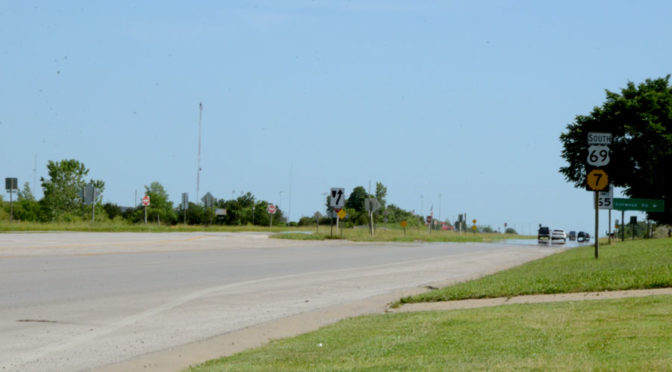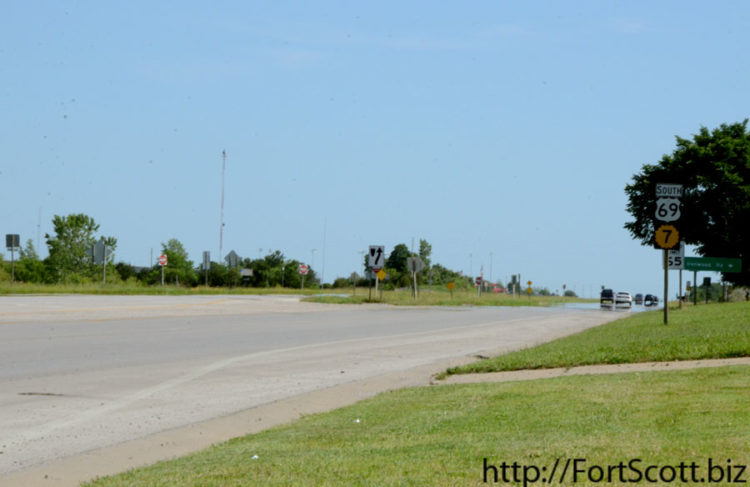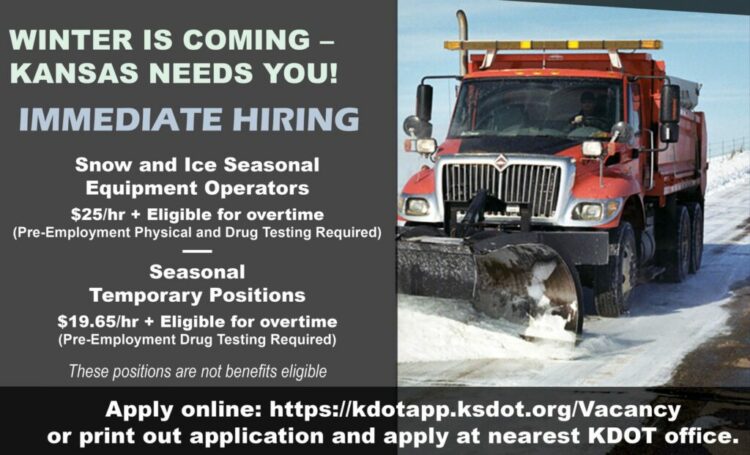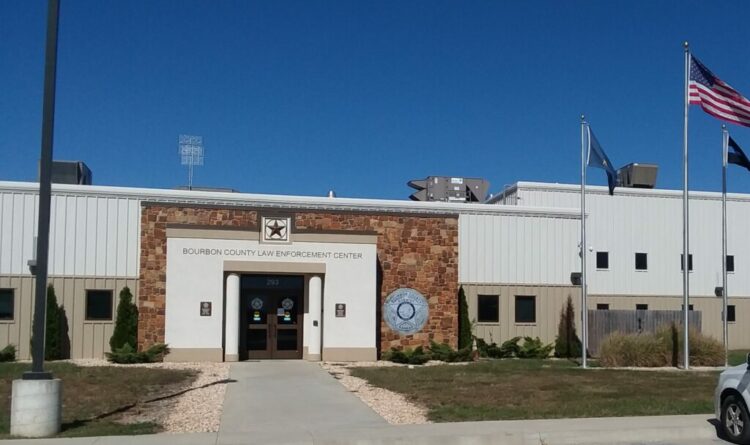Governor Laura Kelly Announces Expanded Free, Reduced-Price School Meals in Kansas Schools
~Kansas one of eight states to participate in school meal demonstration project~
TOPEKA – Today, Governor Laura Kelly announced that Kansas has been selected as one of eight states to participate in a demonstration project utilizing Medicaid eligibility data to certify eligible students for free and reduced-price school meals.
“This project will expand free, reduced-priced meals for some of our most vulnerable students,” Governor Kelly said. “Our kids need reliable access to healthy foods to learn and grown, and this is great news for our state, students, and families.”
The U.S. Department of Agriculture (USDA) Food and Nutrition Service Mountain Plains Region made the announcement earlier this week. The Kansas State Department of Education is working in collaboration with the Kansas Department of Health and Environment (KDHE) on the project, said Cheryl Johnson, director of KSDE’s Child Nutrition and Wellness (CNW) team.
“Kansas is excited to be a part of this pilot project,” Janet Stanek, KDHE Acting Secretary, said. “This project will directly impact students on Medicaid and remove barriers to receiving healthy and nutritious meals while at school. According to the CDC, research shows that students who participate in the school meal programs consume more whole grains, milk, fruits, and vegetables during mealtimes and have better overall diet quality which ultimately has a positive effect on learning.”
The newest round of this demonstration project creates an important opportunity to further test the impact of Medicaid Direct Certification, which was first initiated through the Healthy, Hunger-Free Kids Act of 2010.
Seven other states were also selected to participate in this round of the project: Alabama, Illinois, Louisiana, Maryland, Minnesota, North Carolina and South Carolina.
The direct certification process makes it easier for children from low-income households to receive free and reduced-price school meals, according to the USDA. Historically, most students who receive free or reduced-price school meals have been certified based on information they submit in an application.
Families can also be deemed eligible because they participate in one of a few benefit programs, like the Supplemental Nutrition Assistance Program (SNAP) or Temporary Assistance for Needy Families (TANF). Adding Medicaid to the list of benefit programs that can directly certify a student to receive free or reduced-price meals is a win-win for students, families, and school officials, according to the USDA. This means less paperwork for families and fewer school meal applications for school districts to process and verify.
Since 2012-2013, USDA has authorized demonstration projects allowing states to test direct certification with Medicaid. With the addition of eight states this week, 27 states are now participating in these projects, representing approximately 75% of students nationwide, the USDA said.
An evaluation by USDA found that these projects allowed more than one million students to be certified for free meals and nearly 260,000 students for reduced-price meals in school year 2017-2018.
“This is a win-win for Kansas students, families and school districts,” said Cheryl Johnson, director Child Nutrition and Wellness for the Kansas State Department of Education. “This means school districts have fewer school meal applications to process and verify, and families have less paperwork to complete. It also helps ensure access to nutritious meals for all students, which fuels them for overall success.”
“Direct certification works to ensure children in need aren’t mistakenly left behind, and can decrease errors in school meal program administration,” said Cheryl Kennedy, USDA, Food and Nutrition Service, Mountain Plains Region administrator. “By eliminating applications, direct certification reduces the burden on families and schools and connects more children to the nutrition they need to succeed in school.”
For more information, visit the FNS webpage on Direct Certification.
About KSDE
The Kansas State Department of Education (www.ksde.org) provides leadership, resources, support and accountability to the state’s K-12 education system. KSDE administers the state’s governance of education, standards and assessments, special education services, child nutrition and wellness, title programs and services, career and technical education, and financial aid. It is the goal of the agency to provide all Kansas children with equal access to a quality, high-level education that promotes student achievement and prepares all students for global success.





